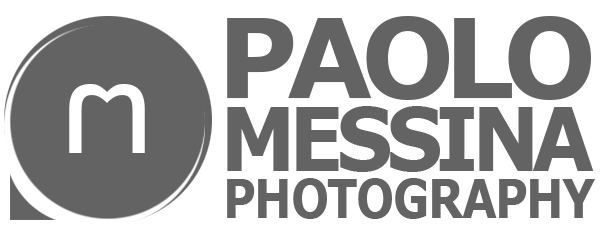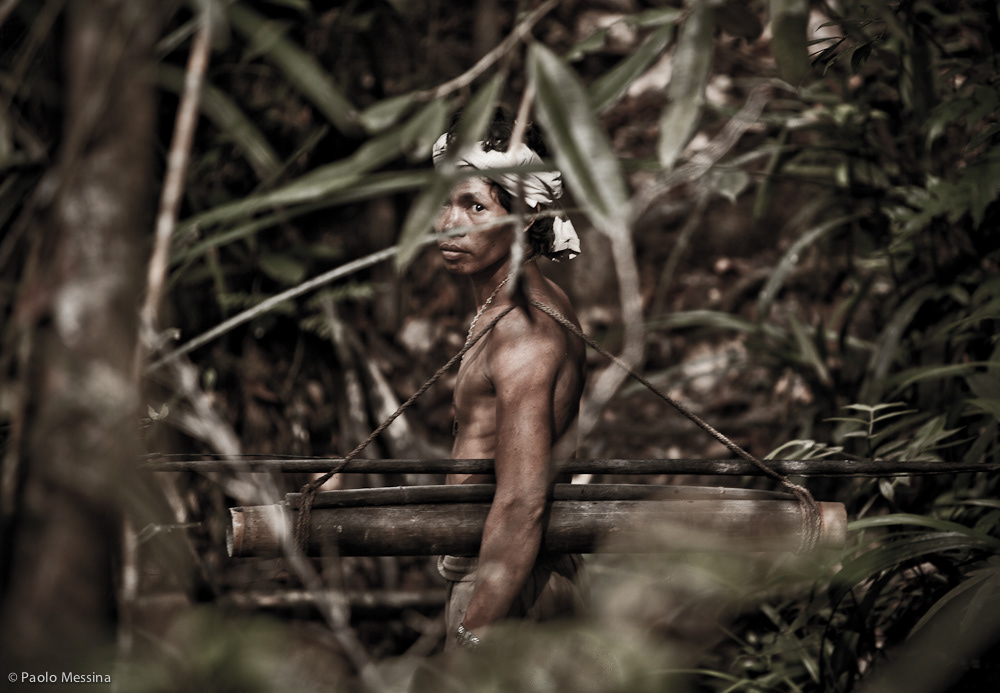
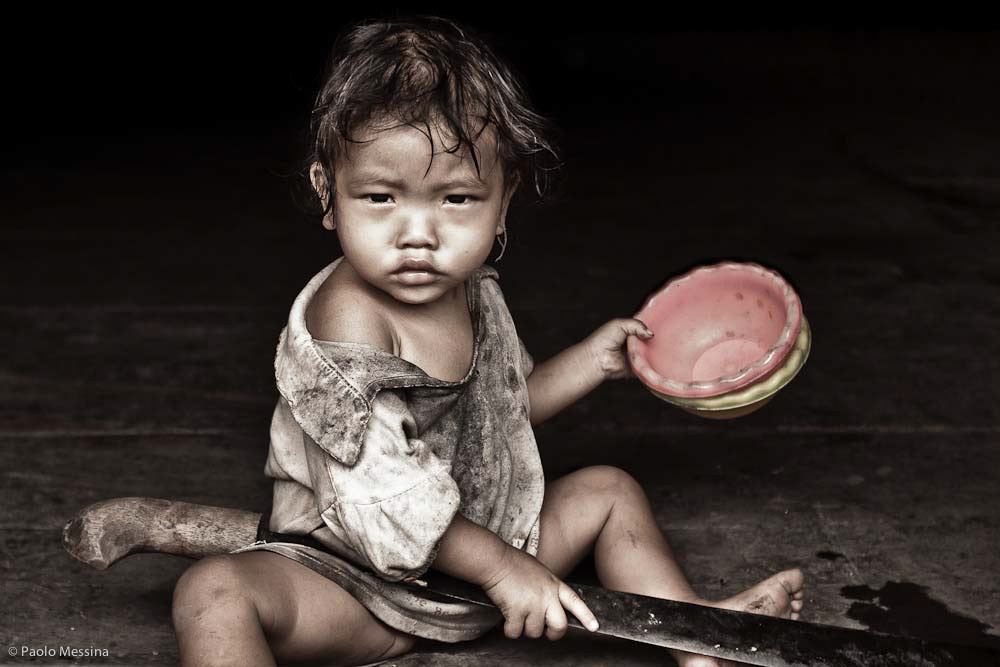
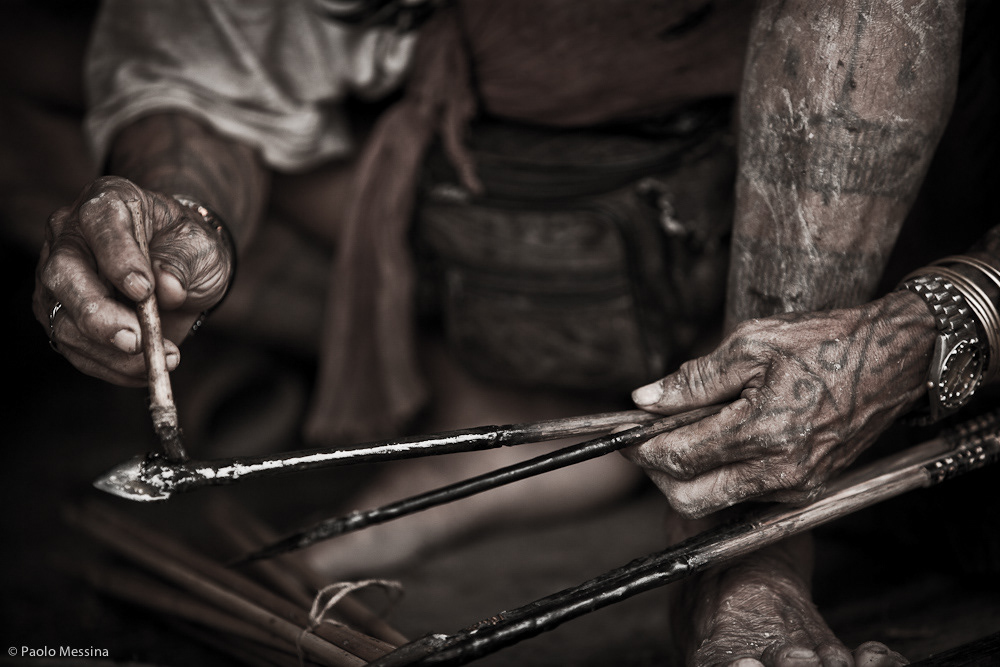
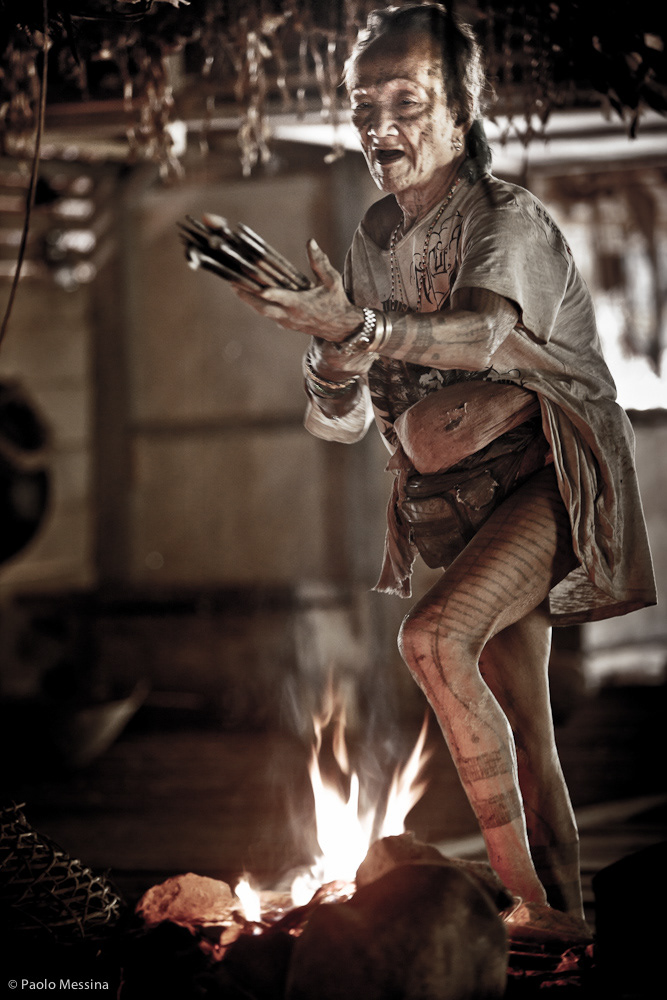
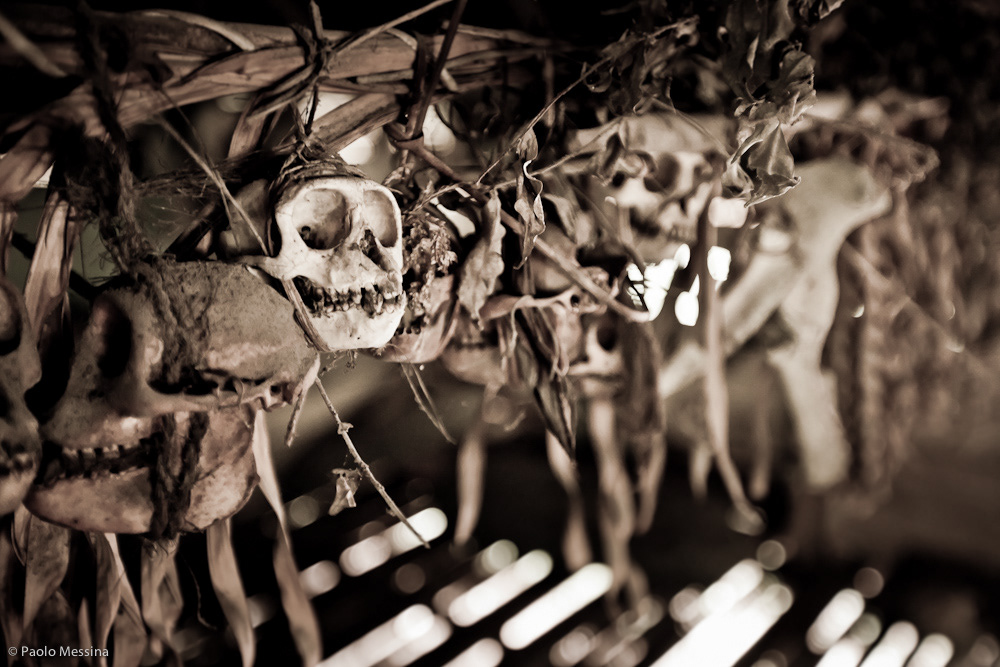
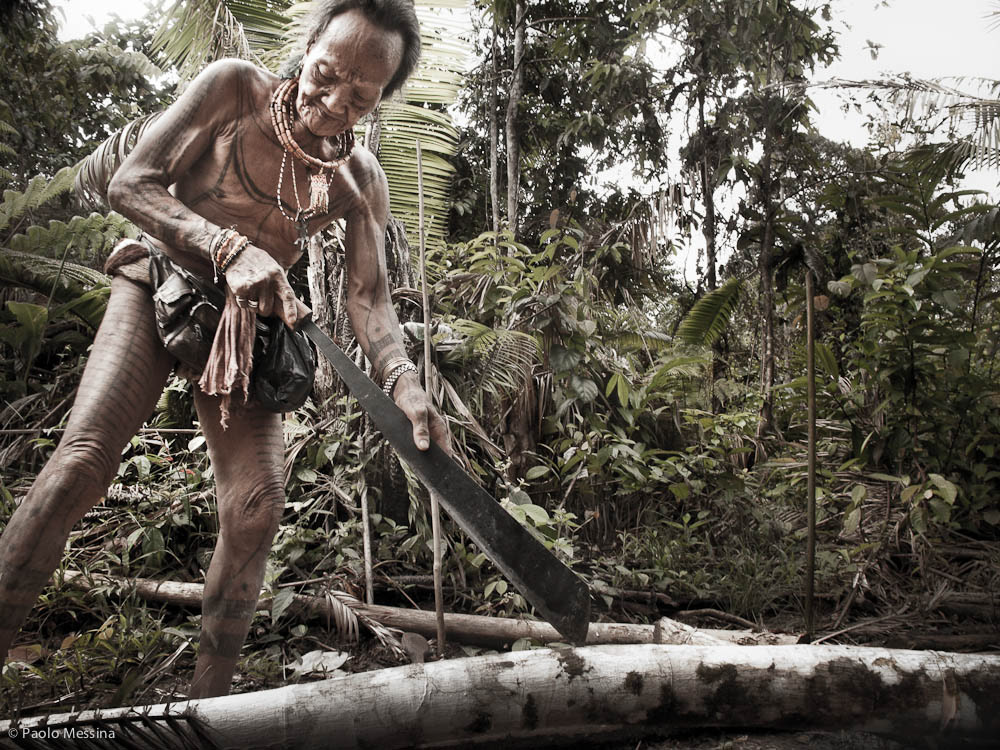
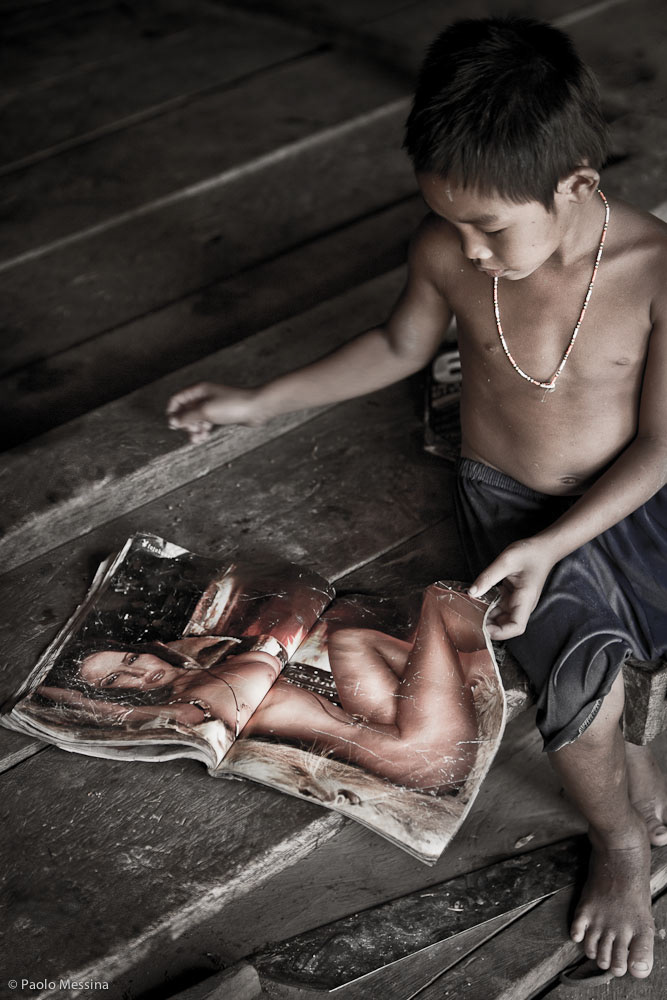
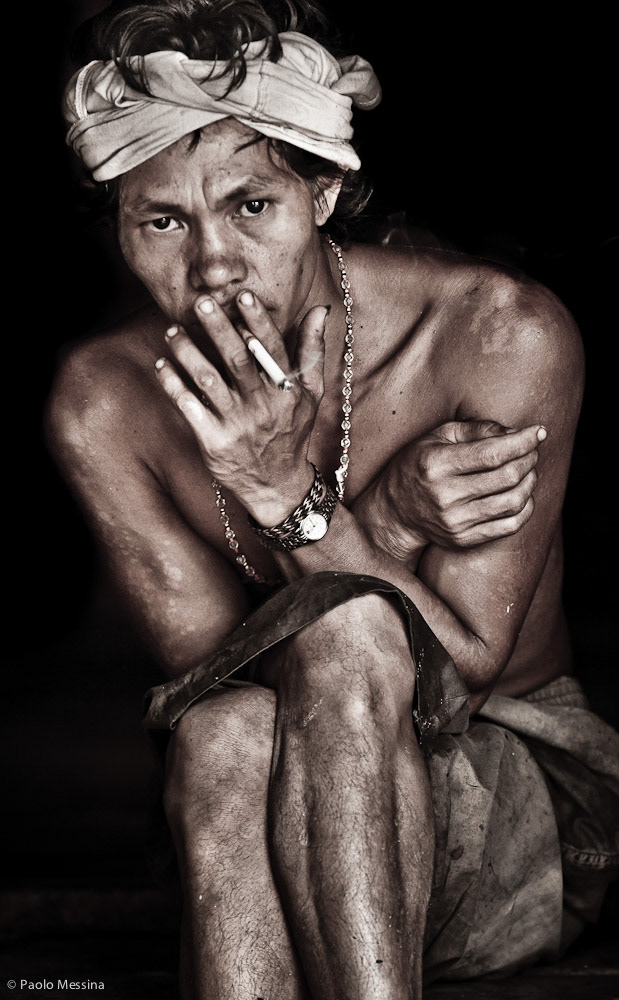
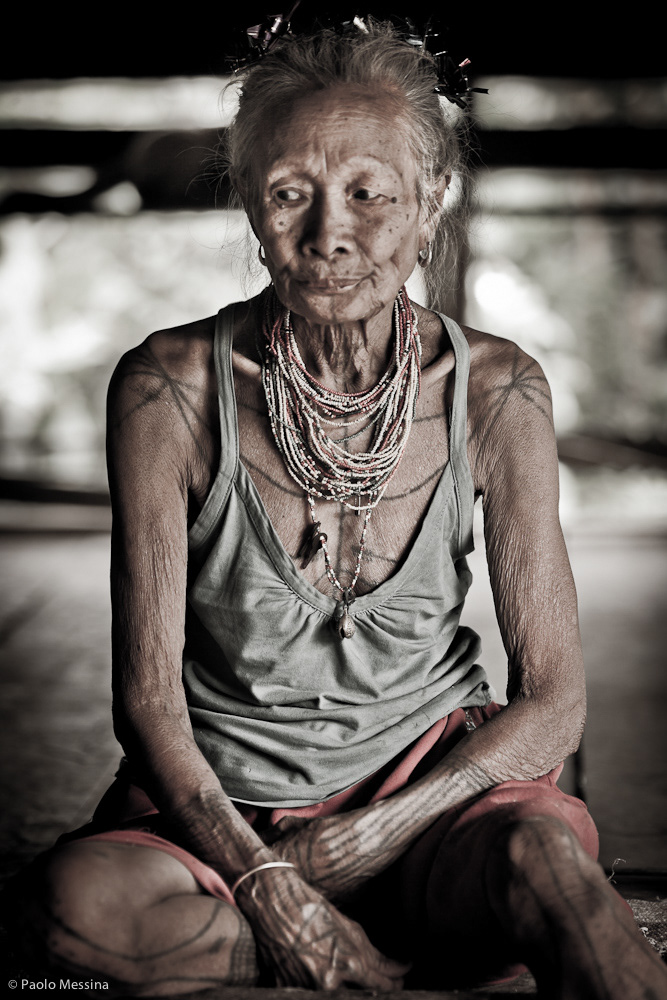
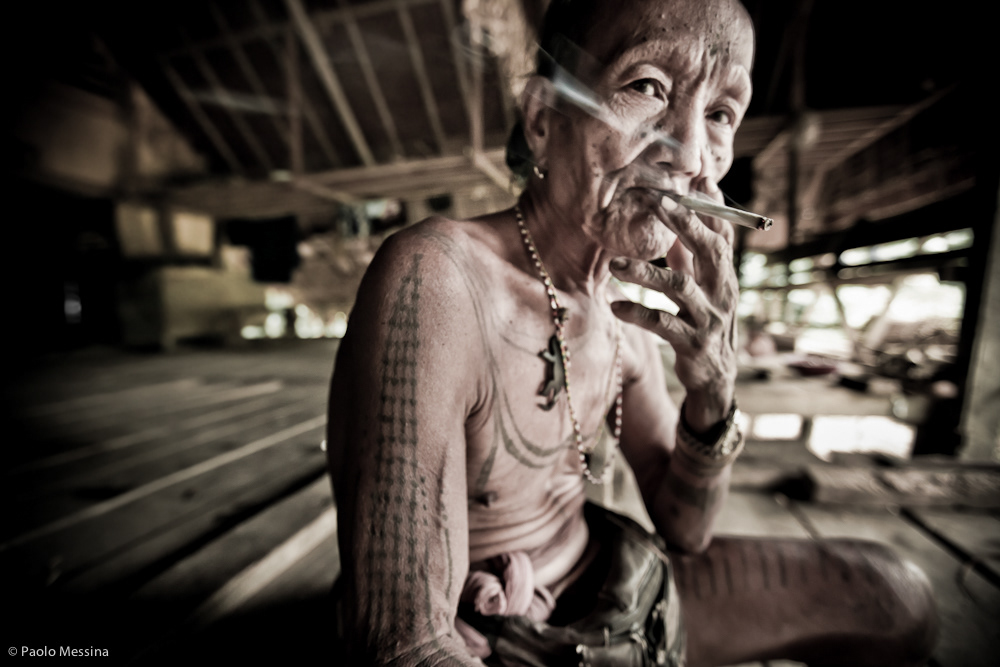
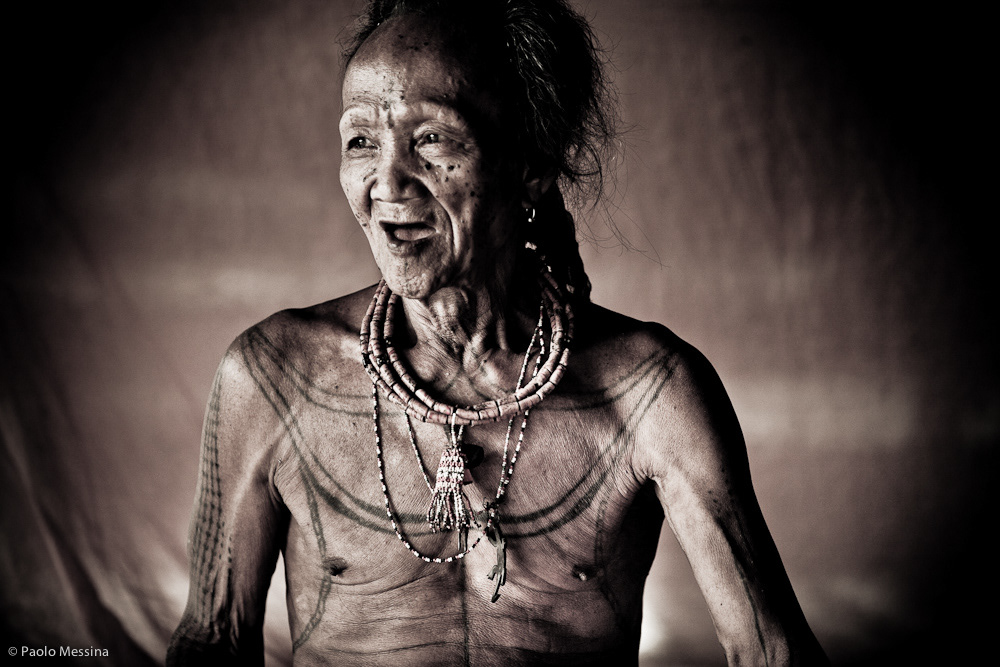
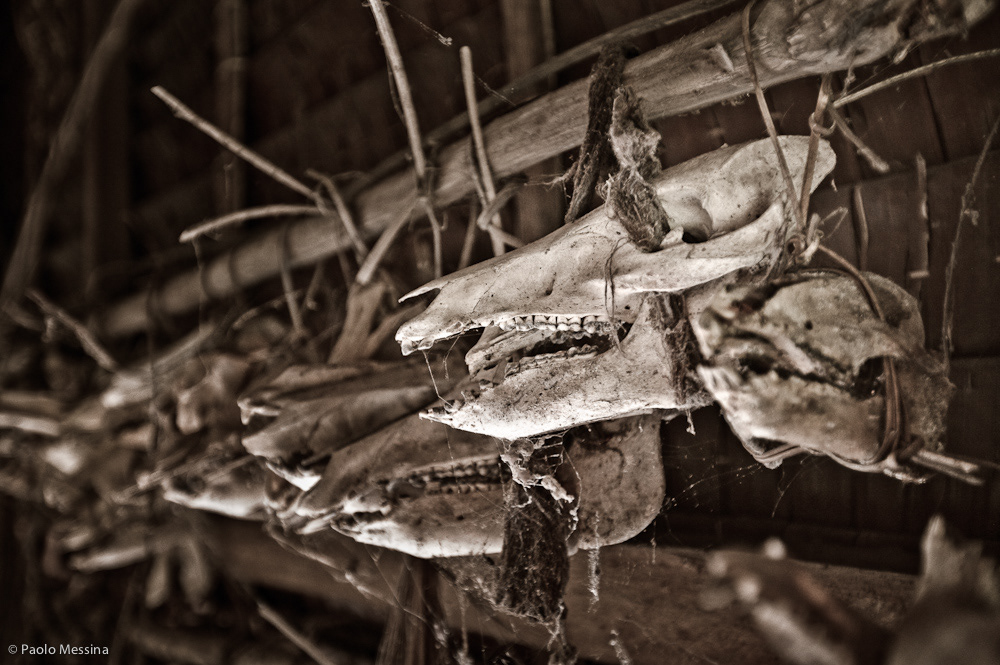
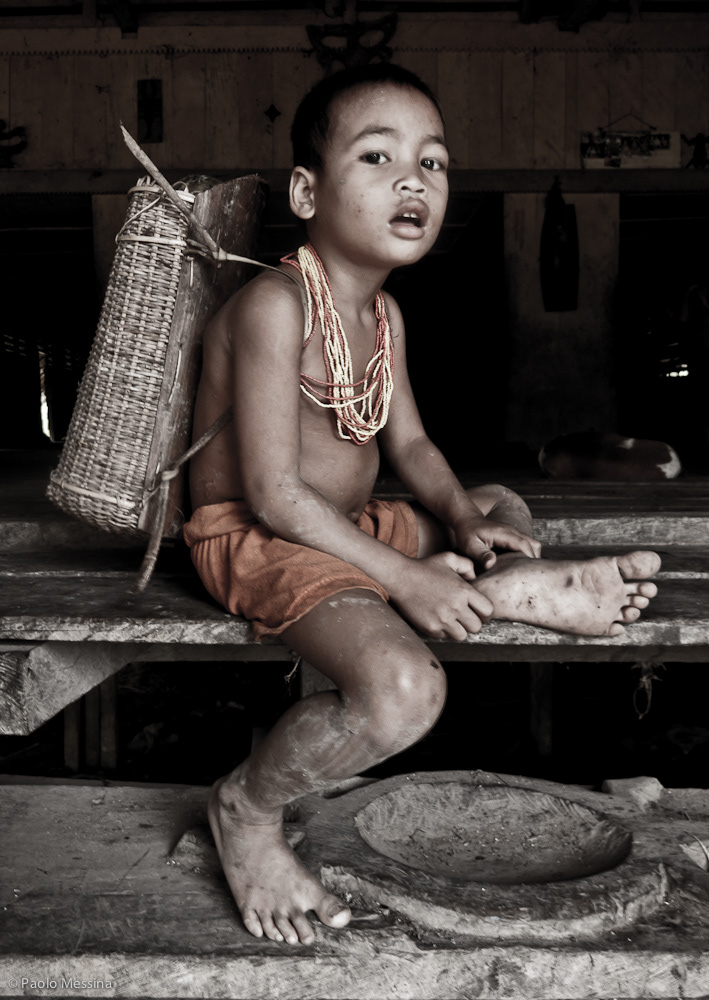
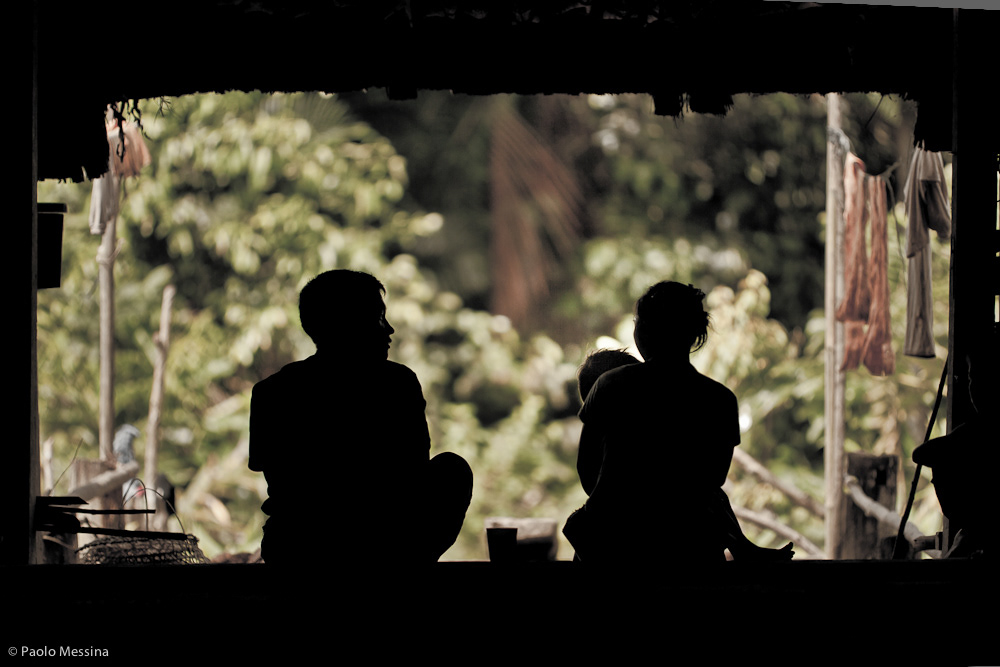
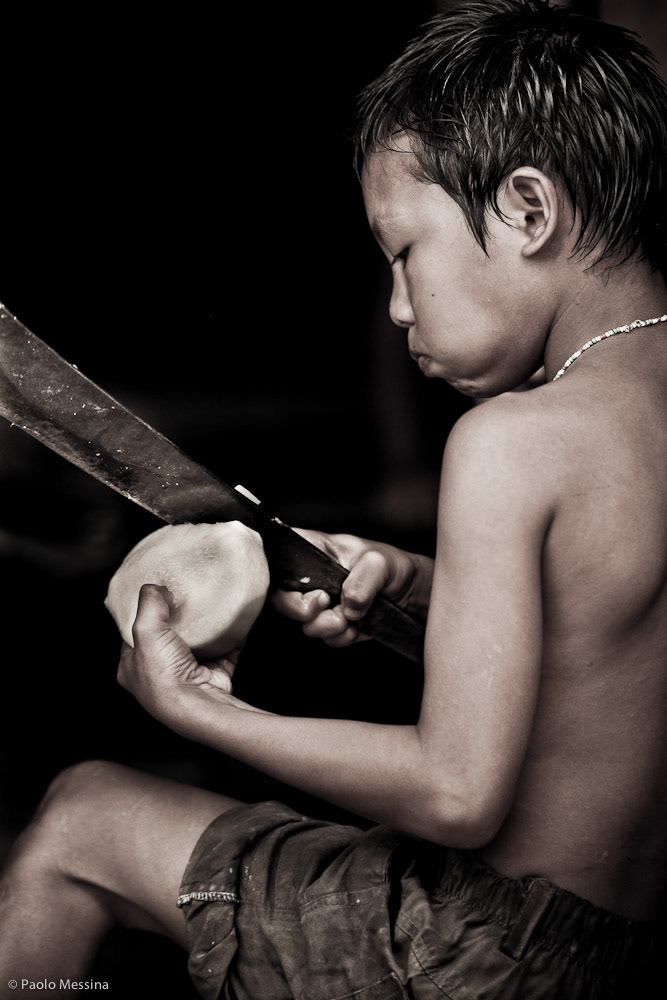
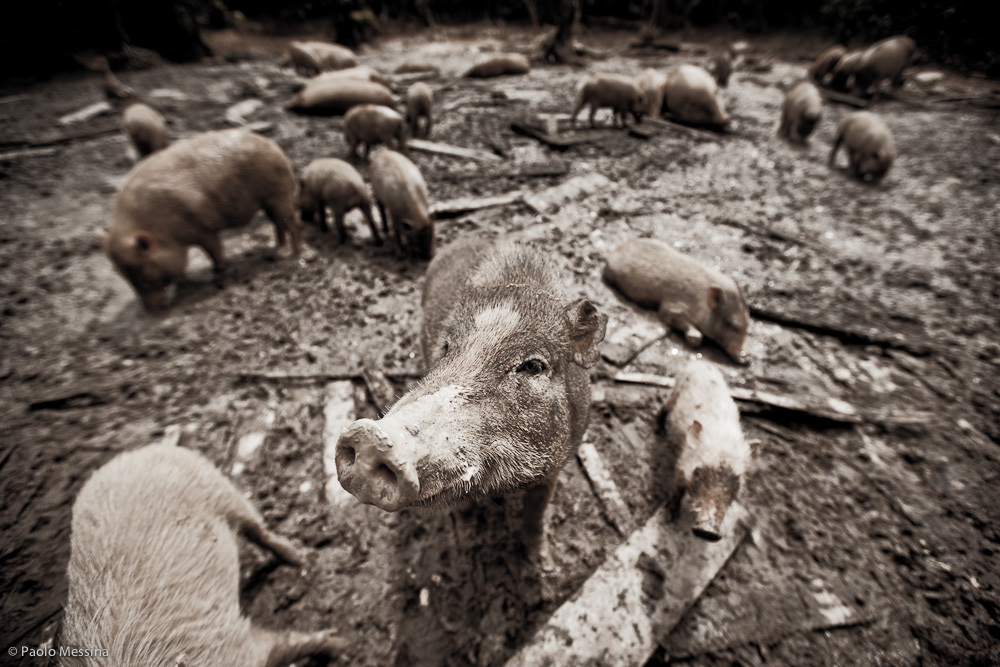
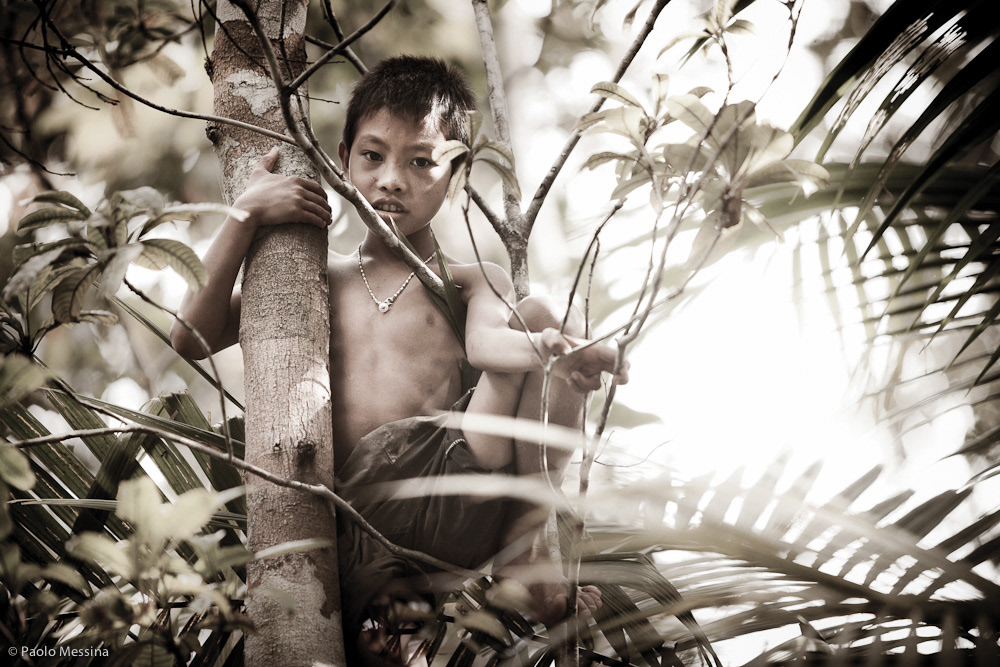
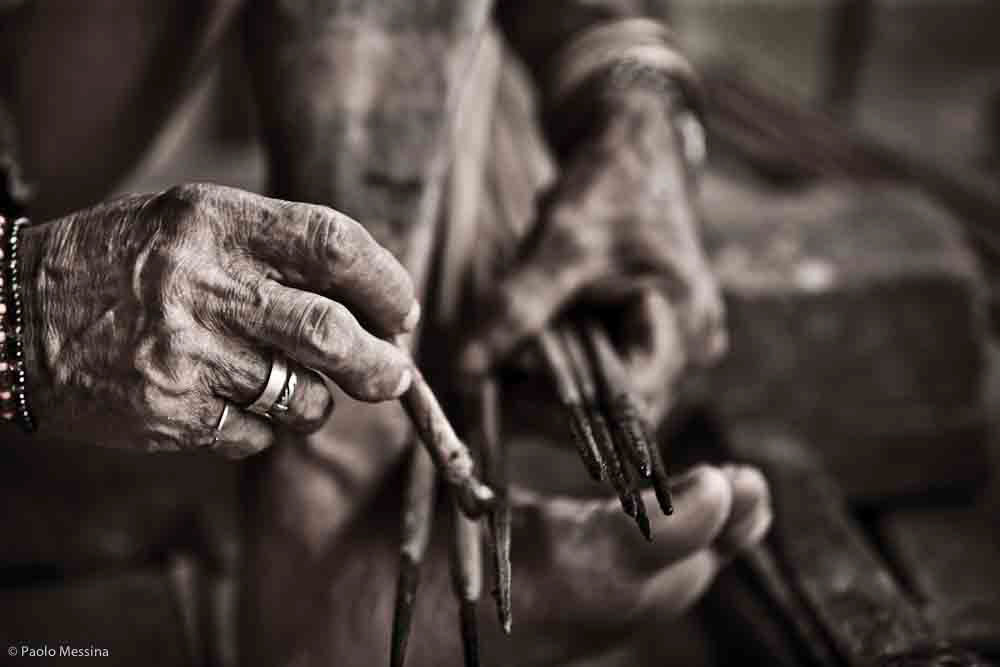
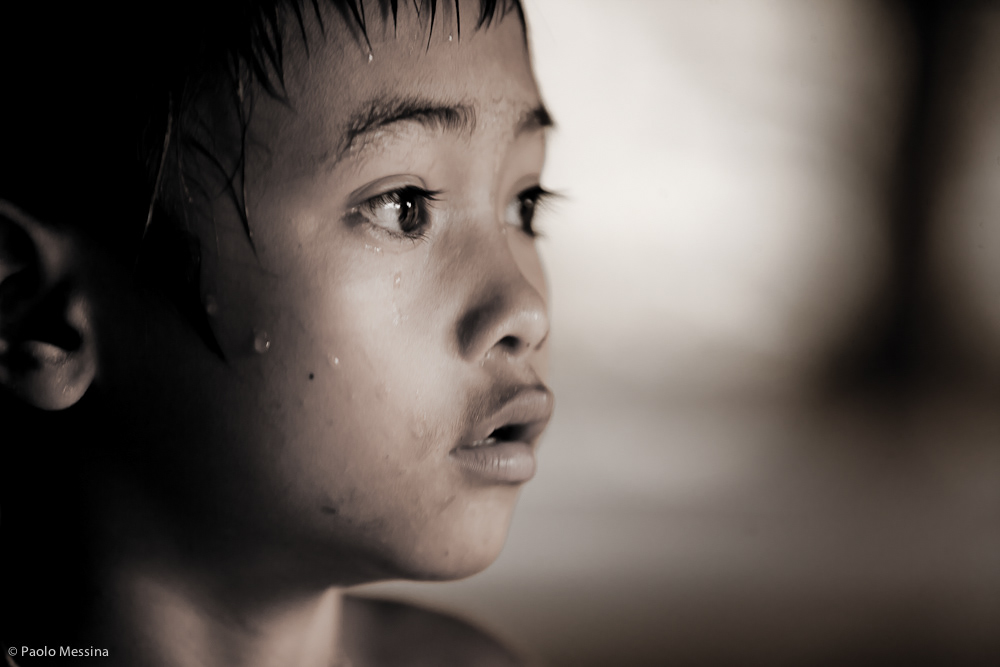
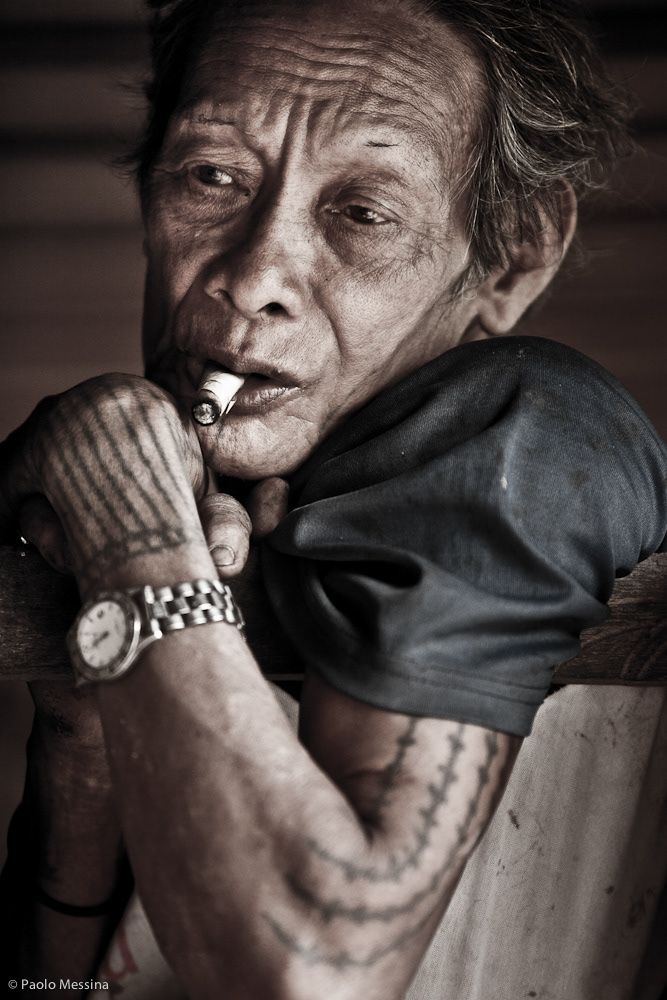
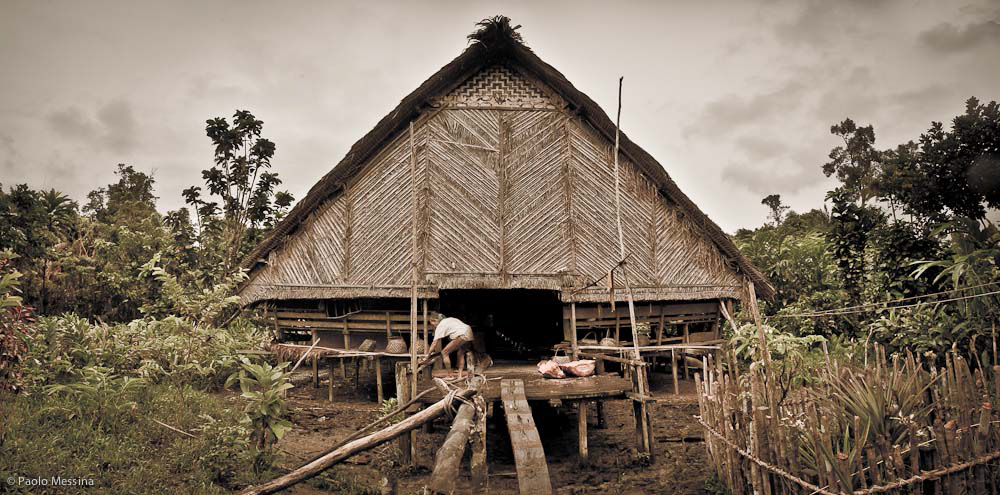
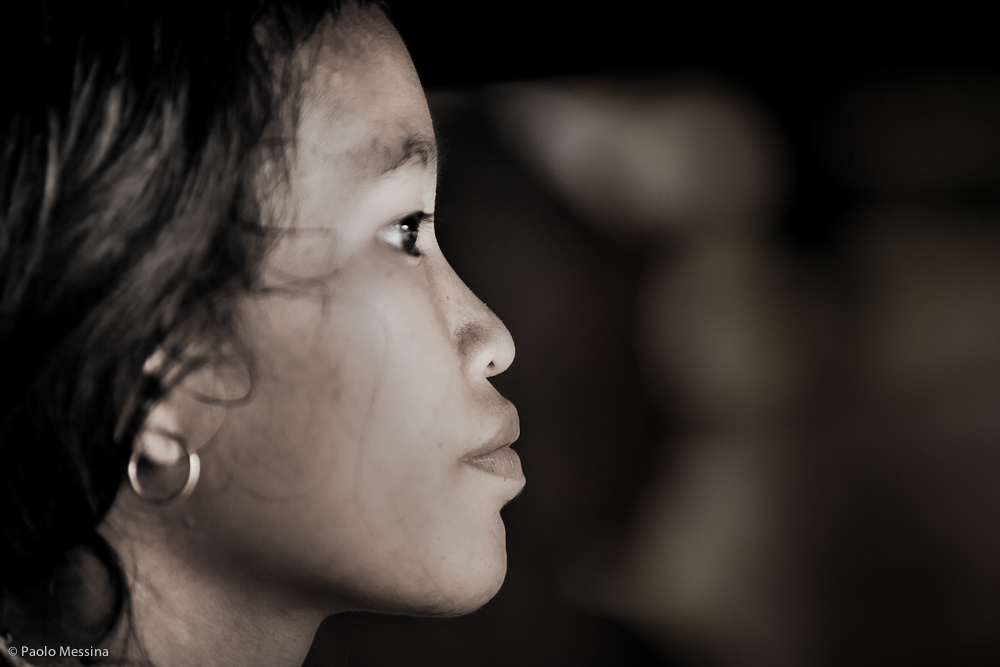
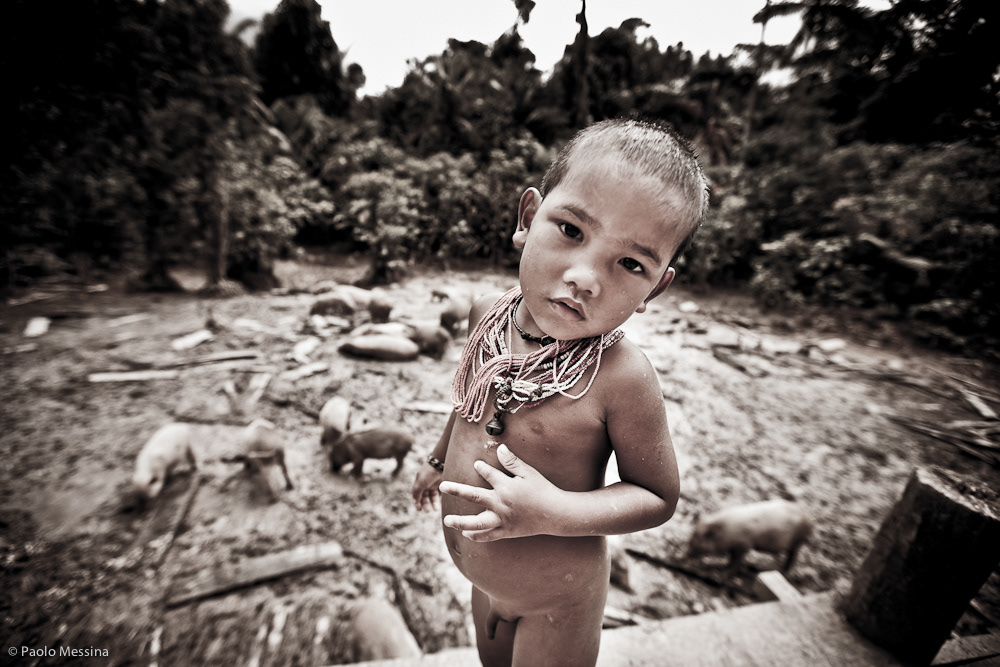
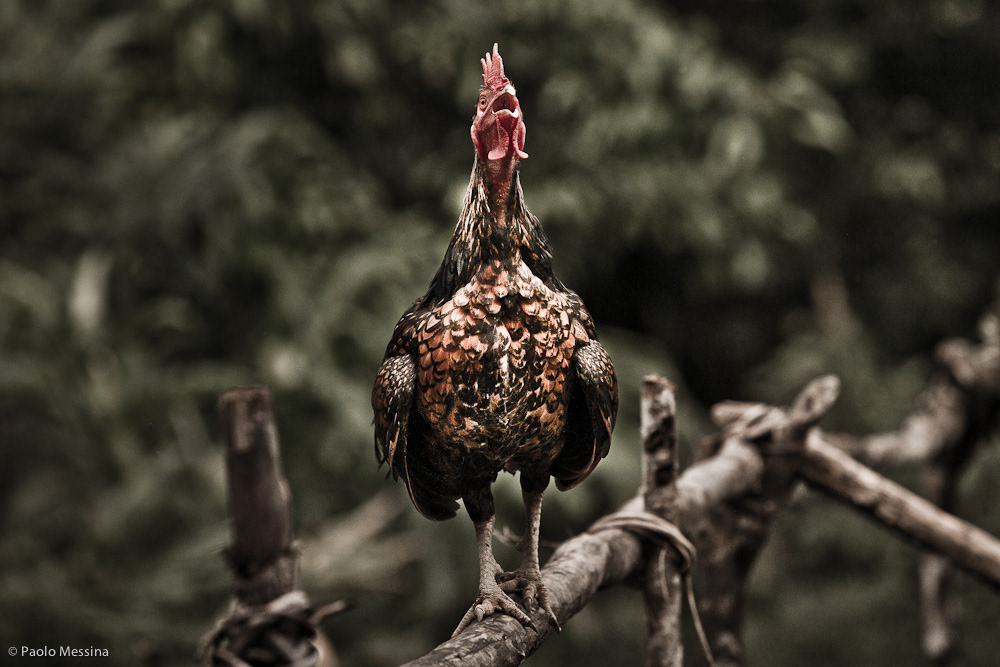
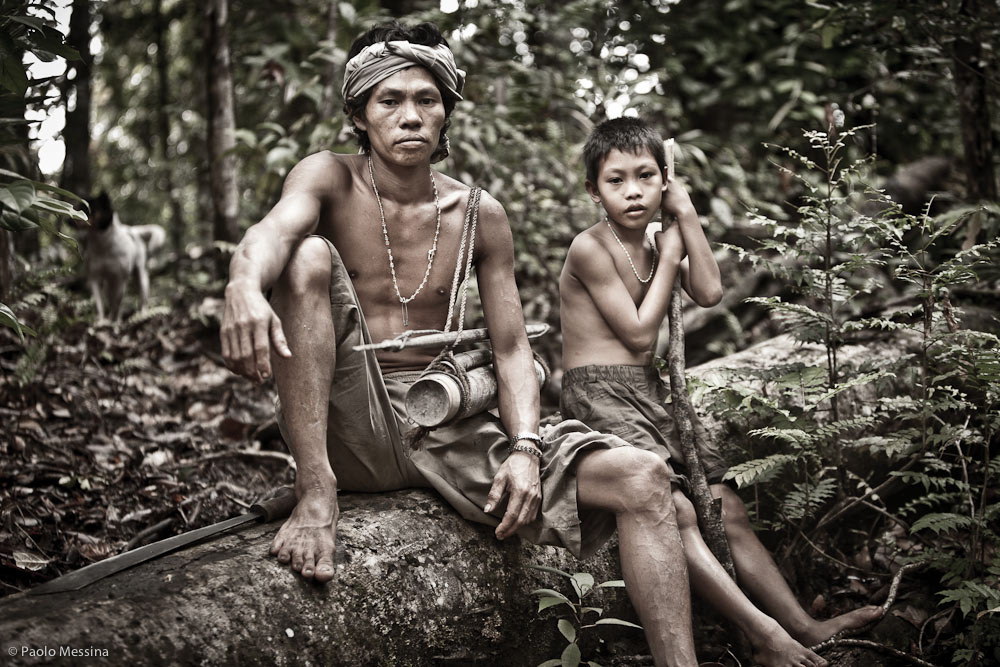
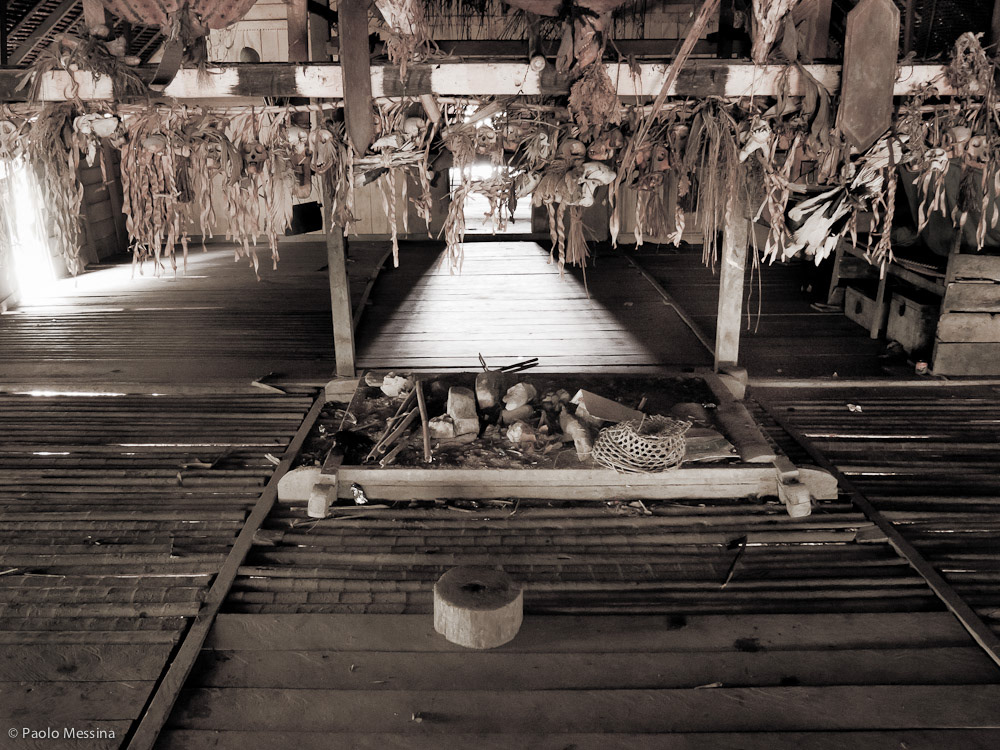
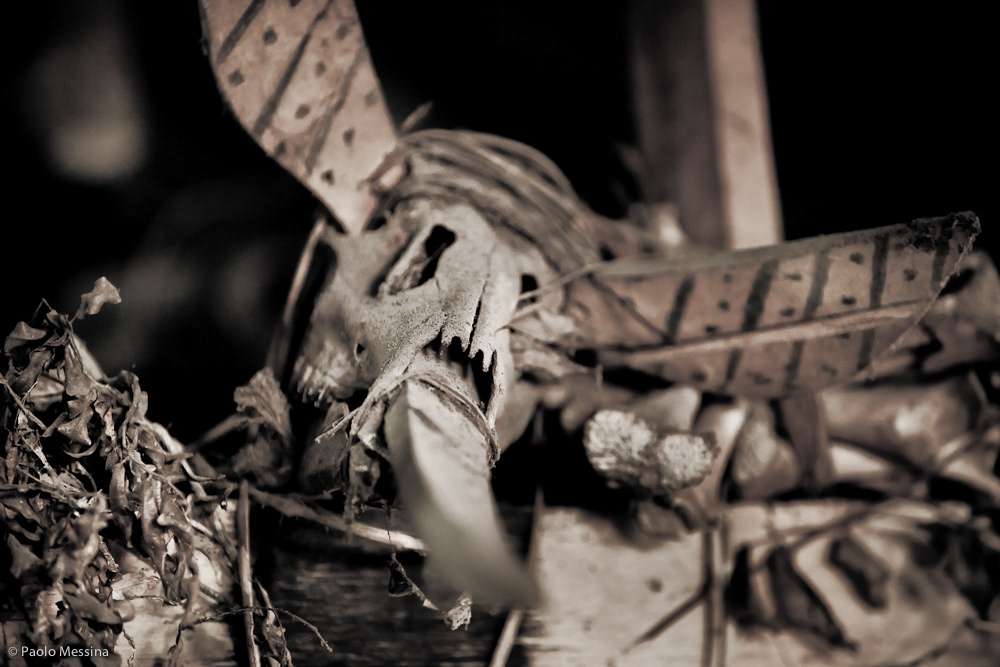
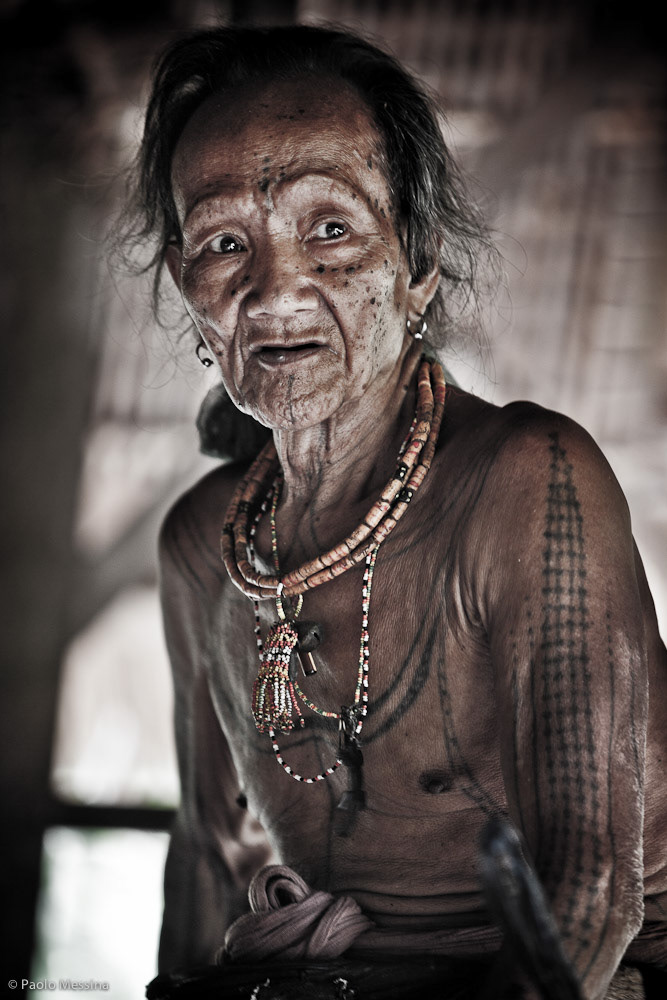
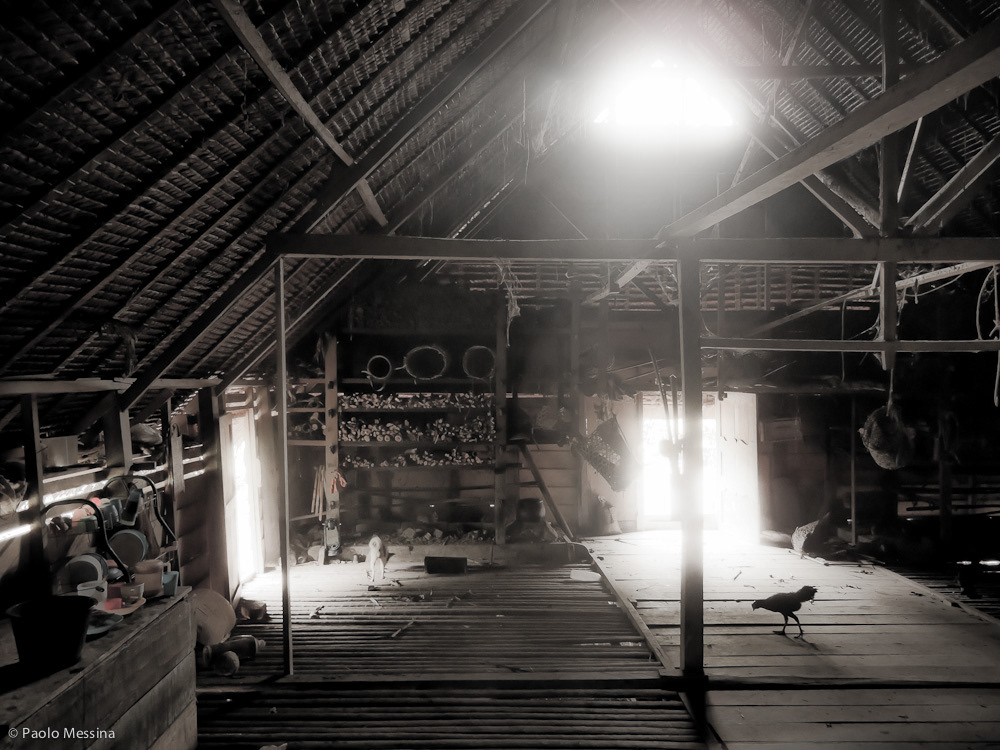
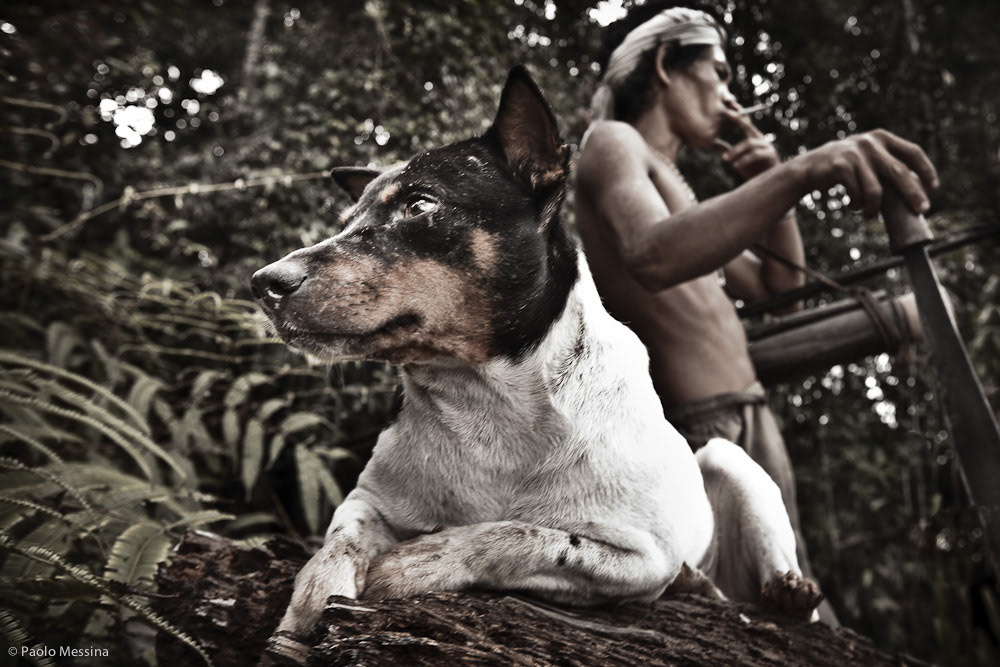
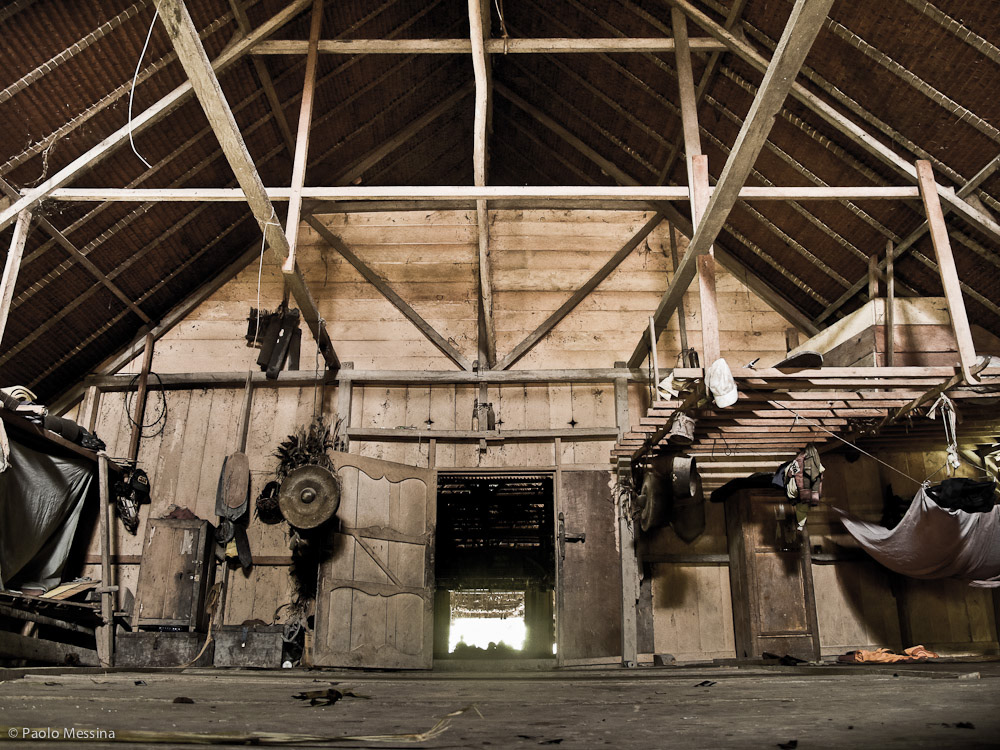
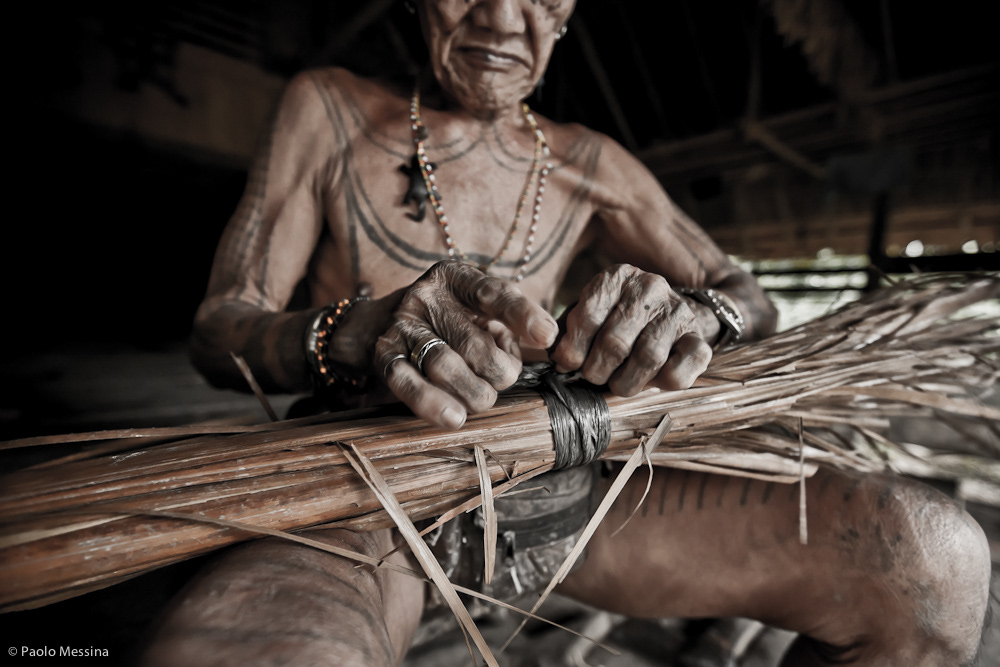
The Mentawai people have their own language, traditional law and religion (animism). Their society is based on equality, there’s no hereditary title and there are no subordinate roles.
Their DNA trace back to the Highlands of China. They are believed to have reached the Mentawai islands as a result of a long and complex migration started some 60,000 years ago.
The elder shamans normally gather to discuss issues concerning more than one family or village which could be the nomination of a new religious leader (also spokesperson for the outside world), the planning of a new plantation, deforestation issues and so on. These kind of meetings are also occasion for big celebrations and every work-related activity stops.
They Mentawai people saw all sort of explorers reaching their coasts, from colonial interpreneurs to missionaries to modern-day travellers.
The first one who tried to convert them to protestantism was the German missionary August Lett who was eventually killed by some islander 8 years after his first landing. The mission though managed to survive its founder’s death.
The old generations used to sharpen their teeth and cover their bodies in tattoos, generally carried out with stick, needles of any sort, coconut ash and sugar cane juice. These practices are slowly fading away among the young generations, attracted to a more modern lifestyle. Pressure from the mainland government is also responsible for this change.
My host here in the village of Rorogot is a shaman called Cuki “good man” Soromut and he tells me – through my local guide and interpreter Sarul – that many years ago it was caught with a “fresh” tattoo by the Indonesian authorities and consequently imprisoned for 12 days. He is a shaman, with great sense of humour and doesn’t know how old he is. He can practice tae (voodoo), loves chain-smoking and sucking lollypops – just like any other Mentawai person – which we were advised to bring in large quantities to conquer souls and minds of the locals.
Four generations of his family live in Cuki’s uma (long house). They are considered to be a rich family as they own 55 pigs, about 20 chickens, 250 palm trees and “many many” banana trees.
Their existence is based on farming, fishing, jungle gathering and hunting. As currency they use land, animals or sagu (palm trees). For a full body tattoo for example you should pay 6 pigs. A wife will cost land, a small house – that the groom has to build himself – and minimum 20 pigs, depending on how attached the father is to the girl.
When you live the Mentawai way of life you suddenly realise how close your existence is to our planet Earth. We went out for a trek in the forest and whatever kind of food or herb or building material we found, we collected it and brought it back. One time was the tree for its precious cortex used to make clothes. Another time was the root to make the poison for the arrows and so on. We found and we gathered. The dinner itself is often decided according to whatever animal or insect is found during the day.
We shape the land and try to control the power of nature. We constantly collect and use, eat and assimilate the available resources. We are like walking and thinking extensions of the planet we live on. Eventually our mortal remains are once again molecularly reunited to “Mother Earth”. And our souls…well…I have no idea. Here they believe that the soul leaves the body to become a wandering ghost.
Traditional Mentawai people and lifestyle are believed to be virtually extinct in 20 years from now.
